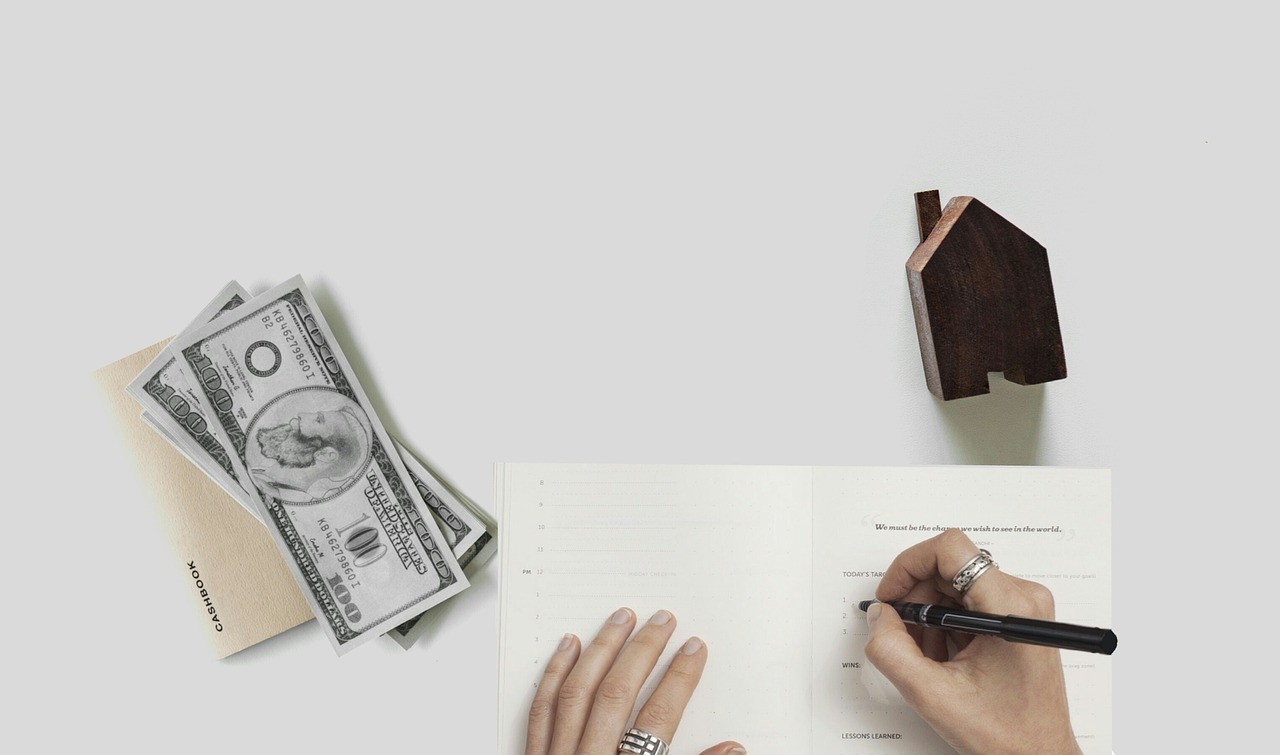How to Determine Your Budget Before Buying a Home: A Step-by-Step Guide
One of the most important steps in buying a home is determining how much you can afford. Setting a realistic budget will not only help you narrow down your options, but it will also ensure that you don’t overextend yourself financially. Here’s a step-by-step guide to help you figure out your home-buying budget.
1. Know Your Credit Score
Your credit score plays a significant role in determining how much you can borrow and at what interest rate. Lenders use your credit score to assess your ability to repay the loan. Generally, the higher your credit score, the more favorable your mortgage terms will be.
Tip: You can check your credit score for free through various services online. If your score is lower than you’d like, work on improving it before applying for a mortgage.
2. Calculate Your Monthly Income
When determining your home-buying budget, it’s essential to calculate your monthly income accurately. Include:
- Your salary (before taxes)
- Any bonuses, commissions, or secondary income sources
- Rental income, if applicable
Knowing how much you make each month helps you figure out how much you can comfortably spend on your mortgage payment.
3. Review Your Current Debt
Lenders will assess your debt-to-income (DTI) ratio, which compares your monthly debt payments to your monthly income. This ratio helps them determine how much additional debt you can handle. It’s essential to consider all your current debt, including:
- Credit card payments
- Student loans
- Car loans
- Personal loans
Tip: If your DTI ratio is too high, consider paying off some debt before applying for a mortgage.
4. Estimate Your Down Payment
Most homebuyers are required to make a down payment when purchasing a property. The down payment is a percentage of the home’s price, typically ranging from 3% to 20%, depending on the loan type and your financial situation.
Tip: The larger the down payment, the less you’ll have to borrow, which can result in lower monthly payments and interest rates. However, a smaller down payment may be an option with certain loan programs.
5. Understand Your Other Expenses
In addition to your mortgage payment, you’ll need to budget for other expenses, including:
- Property Taxes: These taxes are typically included in your monthly mortgage payment but can vary depending on the location of the home.
- Homeowners Insurance: This protects your home and belongings in case of damage or loss.
- Private Mortgage Insurance (PMI): If you put down less than 20%, your lender may require PMI to protect them in case of default.
- Maintenance and Repairs: Owning a home comes with ongoing costs for maintenance, repairs, and upgrades.
Make sure to factor these additional costs into your budget when determining what you can afford.
6. Get Pre-Approved for a Mortgage
Once you’ve calculated your budget and gathered all your financial information, the next step is to get pre-approved for a mortgage. Pre-approval gives you a clear picture of how much a lender is willing to lend you and the interest rate they’ll offer.
Tip: Getting pre-approved can help you move quickly when you find the right home and make your offer more attractive to sellers.
7. Be Realistic About Your Home Preferences
It’s easy to fall in love with a home that’s just out of your budget, but it’s important to be realistic. Consider your must-haves versus your nice-to-haves, and think about whether a larger home or more expensive neighborhood is worth stretching your budget.
Tip: Don’t forget to account for future financial goals like saving for retirement, travel, or other life expenses when setting your budget.
8. Consider Additional Costs of Homeownership
In addition to monthly payments, homeownership comes with extra costs, including:
- Utilities: Water, gas, electricity, and trash service are all ongoing expenses.
- HOA Fees: Some homes, particularly in planned communities, charge homeowners association (HOA) fees to cover community maintenance and amenities.
Make sure to budget for these additional costs to get a clearer picture of your overall homeownership expenses.
9. Revisit Your Budget Regularly
Your financial situation can change over time, so it’s important to revisit your home-buying budget regularly. Whether you get a raise at work, take on new debt, or encounter unexpected expenses, staying flexible and adjusting your budget as needed will keep you on track.
Conclusion: Get Ready for Homeownership
Determining your home-buying budget is a crucial first step in the home-buying process. By taking the time to assess your finances, review your debts, and understand your expenses, you can make a smart and informed decision when it’s time to buy your home.
If you need help determining your budget or want more information on the home-buying process, feel free to reach out. I’m here to help guide you every step of the way!

 Facebook
Facebook
 X
X
 Pinterest
Pinterest
 Copy Link
Copy Link


